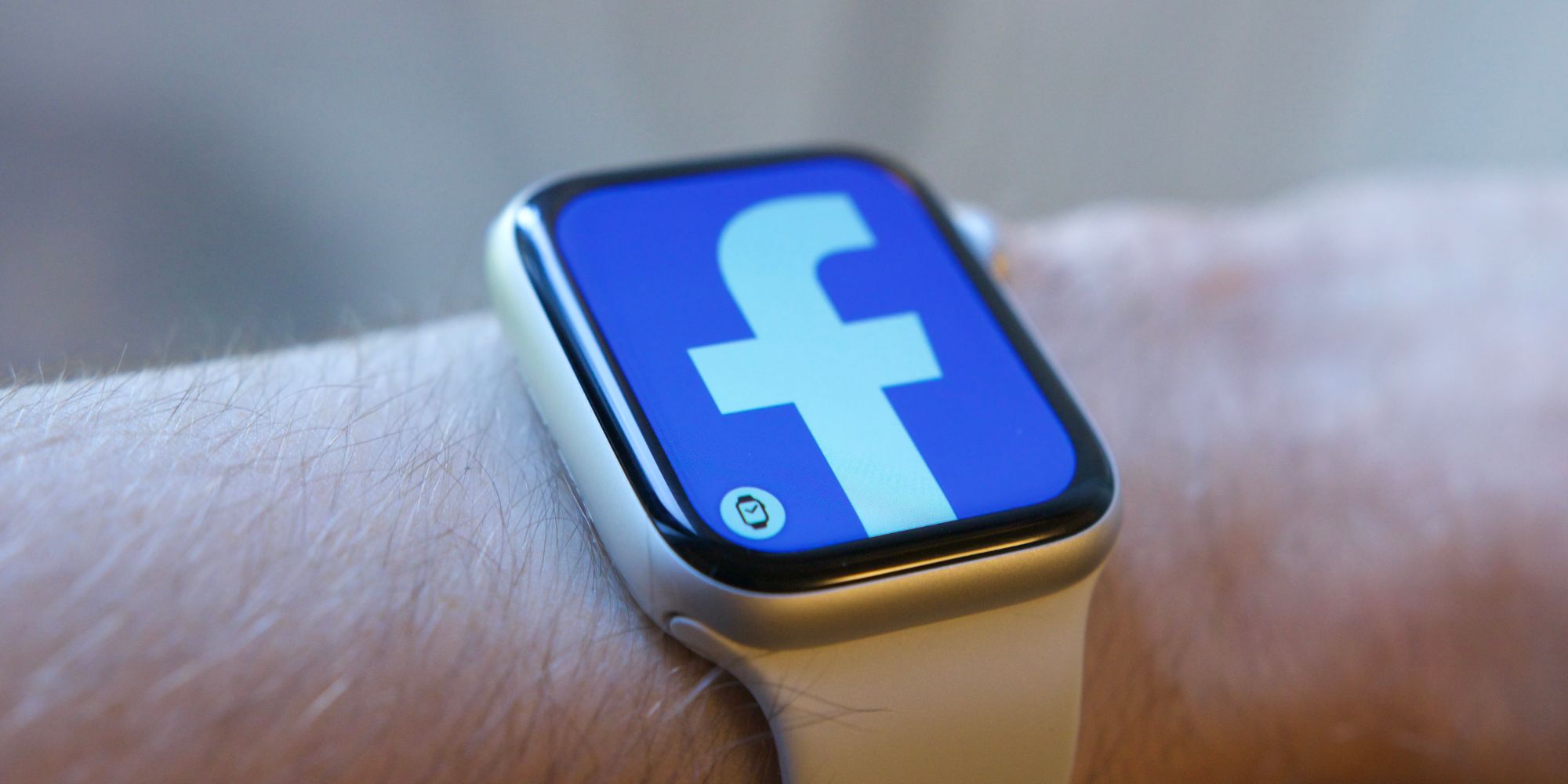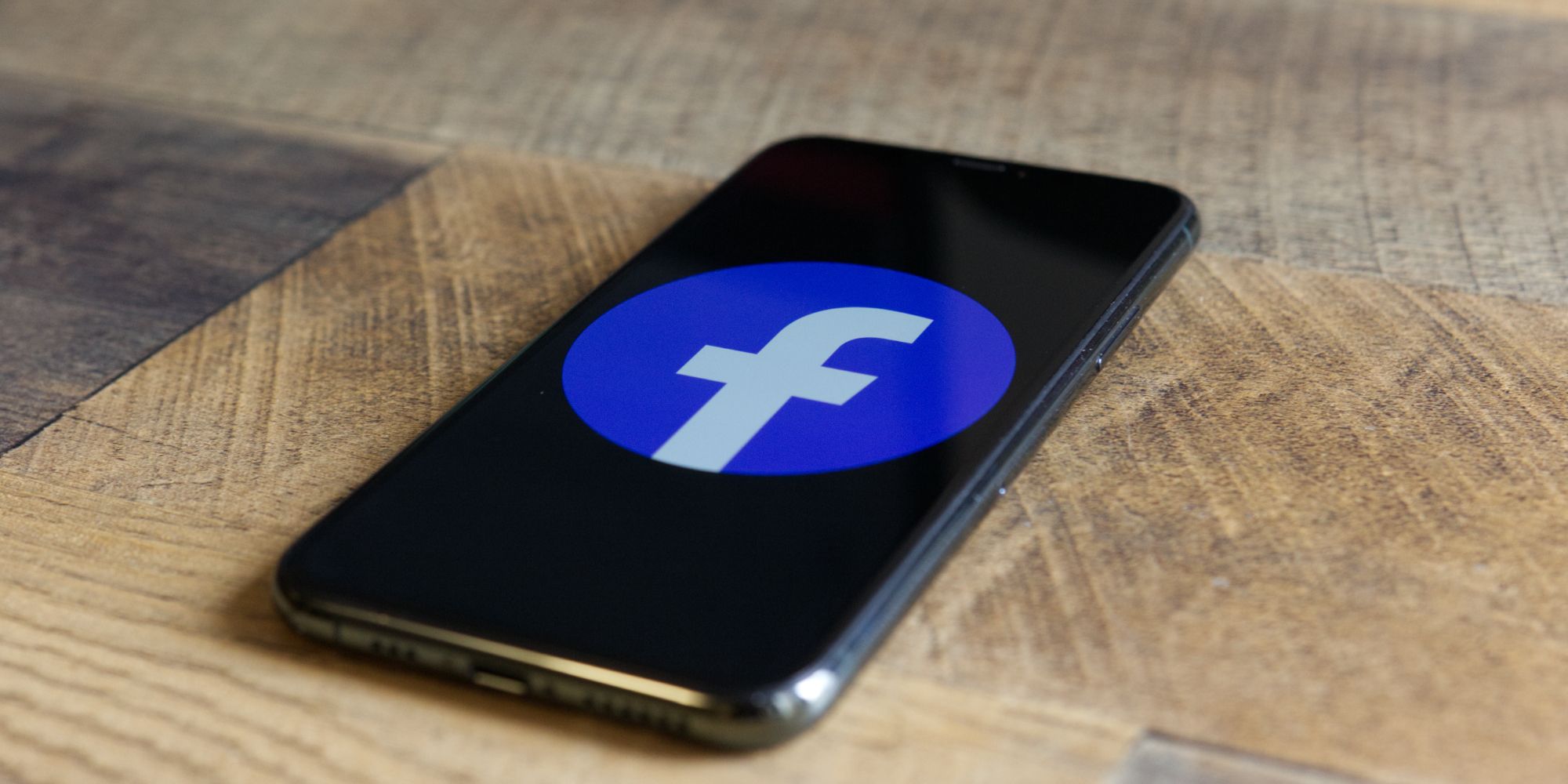Facebook is reportedly developing its first smartwatch for a release next summer, with the big draw being its use of two cameras and a detachable display. The idea of a new competitor for the Apple Watch is exciting, but considering Facebook's bleak history around user privacy and data security, getting people to buy a smartwatch from the company could prove to be an uphill battle.
The smartwatch landscape is in an interesting position in 2021. On one hand, the Apple ecosystem is absolutely dominated by the Apple Watch. It has unmatched software, the hardware gets better every year, and it works seamlessly with all of Apple's other devices. In the Android landscape, things are in a weird transitional period. Google's preparing a complete overhaul of its Wear OS smartwatch platform, with promises of improved performance, longer battery life, and better app support. Android users have never really had a proper Apple Watch of their own, but Google thinks the new Wear OS can change that.
As Apple and Google continue to duke it out, a report from The Verge suggests that Facebook is now looking to enter the wearable market with its first smartwatch offering. It's said to run a custom build of Android, will offer deep integrations with other Facebook services (such as Instagram), and come with a heart-rate sensor so users can track their physical activity. It's also reported that the Facebook smartwatch will come with optional LTE connectivity in the United States, enabling users to use the watch even when it's not connected to a smartphone. Overall, it's a pretty common feature set compared to other smartwatches available today. However, that's not all that's expected of the gadget. The big news about this rumored Facebook watch is that it'll come equipped with two cameras and a detachable display.
Why The Facebook Watch Raises Privacy Concerns
According to The Verge, each camera would have its own purpose. "A camera on the front of the watch display exists primarily for video calling, while a 1080p, auto-focus camera on the back can be used for capturing footage when detached from the stainless steel frame on the wrist." Rather than someone needing to find their phone to hop on a quick video call or take a picture, the idea is that that can all be done by the watch. Facebook is also apparently working with other companies to create accessories for the detachable portion of the watch (such as being able to hook it onto a backpack).
In a perfect world where people could be trusted to have cameras on their wrists and use them responsibly, something like the Facebook smartwatch might be exciting. The problem, however, is a perfect world like that doesn't exist. Not only will some individuals likely use the watch to take unwanted photos/videos of people when it's being worn, but the fact that it can be detached and still retain camera functionality opens up a whole other can of worms. While everyone already carries around cameras with their smartphones, cramming those sensors in something inconspicuous like a smartwatch is another story. There's a reason why Samsung hasn't used cameras on its smartwatches since 2014. It's something that just doesn't work.
On top of privacy concerns raised from the cameras, there's also the fact that many people already have a large distrust of Facebook as a company. Facebook has become notorious for collecting vast amounts of user data and then mishandling it. This past April, it was revealed that over 533 million Facebook users had their phone numbers, email addresses, and other data exposed. If that same company now expects its users to wear a device on their wrist with two cameras and a heart-rate sensor, that's going to be a tough sell for a lot of people — and understandably so. The Facebook watch is rumored to come out sometime in Summer 2022 for around $400, so expect more details to be revealed in the months leading up to that.
Source: The Verge


